THE UNIVERSITY OF CHICAGO PRESS, CHICAGO 60637
The University of Chicago Press, Ltd., London
1964, 1969 by The University of Chicago. All rights reserved.
First published 1964
Second edition, revised, 1969
08 07 06 05 04 03 02 01 00 99 10 11 12 13 14
Printed in the United States of America
ISBN: 0-226-71855-7 (paperbound)
LCN: 69-14825

The paper used in this publication meets the minimum requirements of the American National Standard for Information SciencesPermanence of Paper for Printed Library Materials, ANSI Z39.48-1992.
eISBN: 9780226718446
PREFACE TO THE SECOND EDITION
This new and enlarged version of Readings in Russian Civilization is the result of fairly extensive revisions. There are now 72 instead of 64 items; 20 of the selections are new. The first volume has undergone the least change with 3 new items, of which 2 appear in English for the first time. In the second volume there are 6 new items; all of them appear in English for the first time. The third volume has undergone the greatest revision, with 11 new items, of which 6 are newly translated from the Russian. It is the editor's hope that items left out in the new edition will not be sorely missed, and that the new selections will turn out to be useful and illuminating. The aim, throughout, has been to cover areas of knowledge and periods which had been neglected in the first edition, and to include topics which are important in the study of the Russian past and present.
The bibliographical headnotes have been enlarged, with the result that there are now approximately twice as many entries as in the old edition. New citations include not only works which have appeared since 1963, but also older books and articles which have come to the editor's attention.
The editor would like to thank several persons who have contributed to the improvement of the text. Some sixty professors answered a questionnaire sent out by the University of Chicago Press and suggested changes or improvements in the Readings. Most of these suggestions have been heeded, and the editor is grateful for this generous cooperation by his colleagues. Professor Josef Anderle should be singled out, since he offered particularly detailed comments and had been most helpful in the preparation of the first edition as well. Professors Richard Wortman and Richard Hellie suggested new documents and, in the case of Mr. Hellie, translated them as well. Howard Goldfinger, Sylvia Fain, and Walter Gleason helped with the translations.
Once again I should like to dedicate this new version of my work to my students at the University of Chicago and at the University of Colorado. They have made this enterprise not only a duty but also a pleasure.
BOULDER, COLORADO
JUNE, 1968
THOMAS RIHA
PREFACE TO THE FIRST EDITION
In selecting the readings for these volumes, I was guided by several considerations. The selection, first of all, was to be important for the period of Russian history under consideration. Second, it was to lend itself fairly easily to class analysisif possible, by the discussion method. This meant that polemics were preferable to descriptions, though I could not, and indeed did not wish to, manage without the latter. The selection was to stimulate curiosity to the point where the reader would wish to pursue the subject further.
All things being equal, I tended to lean toward primary sources. Thus, of the final sixty-four items, forty-six, or 70 per cent, are of this nature. Nevertheless, this remains a book of readings, not a collection of documents. I did not want snips and pieces, no matter how important; each essay is intended to be of sufficient length to develop a point of view or an argument reasonably and sensitively. I wanted my selections to be readable; there is not all that much good writing in this often turgid field, and I made a deliberate attempt to hunt for those authors who took pride in their language and exposition.
At certain crucial points I made a deliberate effort to bring a Soviet point of view into play. This I found to be not only healthy for argument's sake but sometimes quite enlightening in its own right. I carried this principle into the bibliographies as well. These were intended to provide a few guideposts to those who might wish to investigate an individual problem. Paperback editions were indicated because they might lead to the building of small private libraries. One could, these days, build quite a respectable collection of paperbacks on Russia.
I tried to give each period of Russian history its due. The order of selections will be found to be approximately chronological, though in a few places items are grouped topically for the sake of convenience. Each volume concludes with a general assessment of the period where more than one point of view is presented. It was my hope that Russian civilization would thus be given certain stages and a definable shape. If the general contours turn out to be approximately accurate, my aim will have been achieved.
ACKNOWLEDGMENTS
My thanks are due, to begin with, to the College at the University of Chicago, which conceived of the Russian civilization course and gave it elbow room to develop. Donald Meiklejohn, Warner Wick, and Alan Simpson were sympathetic initiators and tolerant supervisors. For a colleague they provided Meyer Isenberg, whose warm participation was essential to the first years of the enterprise and who always reminded me of the aims of general education. Chicago's Russian specialistsMichael Cherniavsky, Leopold Haimson, Arcadius Kahan, and Hugh McLeangave their time to make improvements in the selections. Richard Hellie, Jean Laves, and Marianna Tax Choldin acted as able assistants. Elizabeth Ireland and Wells Chamberlin first suggested publication. Michael Petrovich inspected the volumes and made valuable suggestions. Ruth Jensen piloted the manuscript through its many stages over three years and proved to be the ideal secretary. Last, but most important, my students at the University of Chicago supplied the curiosity and enthusiasm which is their valued hallmark. To them these three volumes are dedicated.
THOMAS RIHA
CHICAGO
18
RUSSIA UNDER PETER THE GREAT
By John Perry
From John Perry, The State of Russia under the Present Tsar (London, 1716), pp. 113.
Beginning in the fifteenth century and down to the present, Western technicians have gone to Russia in search of employment. Often they were hired by the government to help modernize the country. Peter the Great hired more of them than any previous ruler. Below is a passage from the account of one of them who served in Russia as a hydraulic engineer for fourteen years, 16981712. He had been hired by Peter during his historic embassy to London.
The work is filled with enthusiasm for the potential riches of Russia, respect for the labors of the great Tsar, and condemnation of the backwardness of Russia's population. Perry's rather disappointing experiences are representative. It should be remembered, too, that he was not entirely innocent in his dealings with the Russians. His book exerted a good deal of influence at the time of its appearance; Voltaire used it as a source for his own two-volume History of the Russian Empire (1759).
For a brief sketch of Perry, see Peter Putnam (ed.), Seven Britons in Imperial Russia, 16981812.


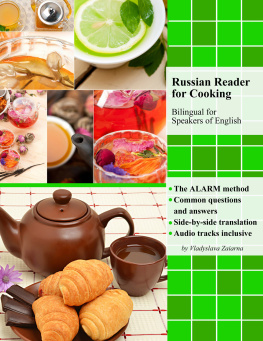
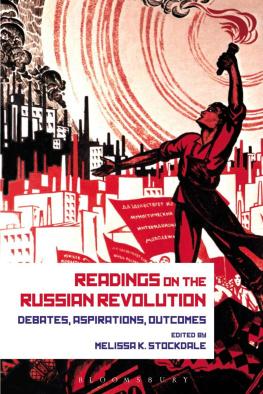
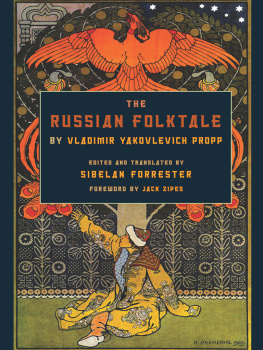
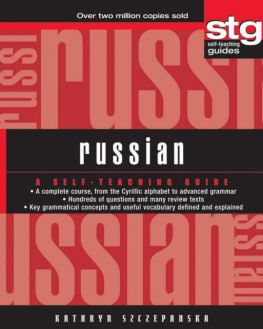
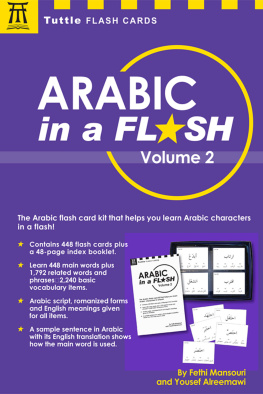
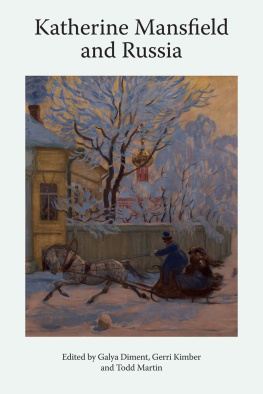
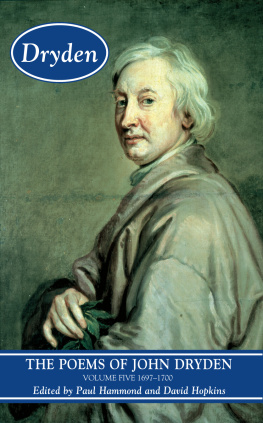
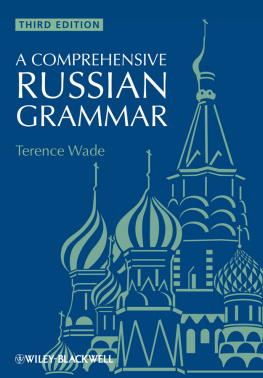
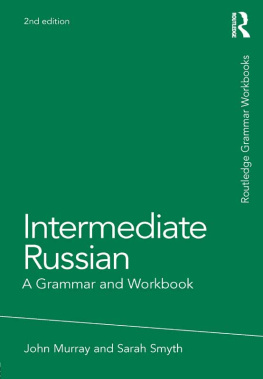
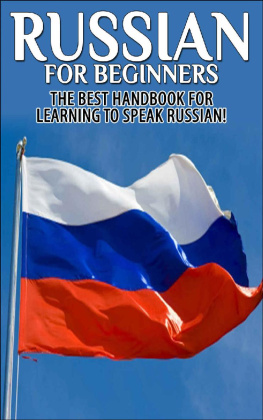

 The paper used in this publication meets the minimum requirements of the American National Standard for Information SciencesPermanence of Paper for Printed Library Materials, ANSI Z39.48-1992.
The paper used in this publication meets the minimum requirements of the American National Standard for Information SciencesPermanence of Paper for Printed Library Materials, ANSI Z39.48-1992.